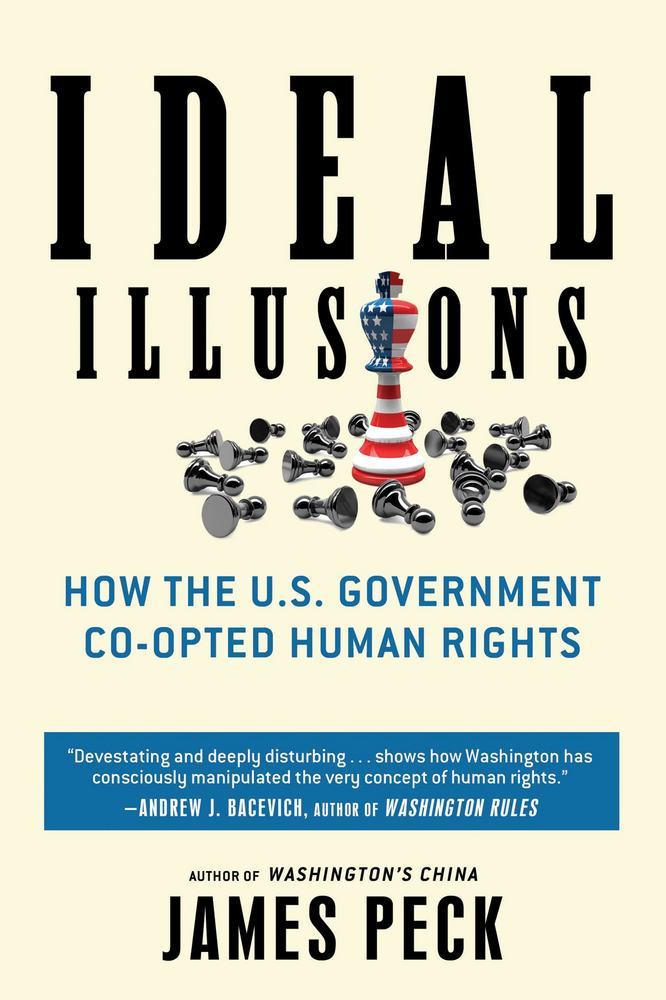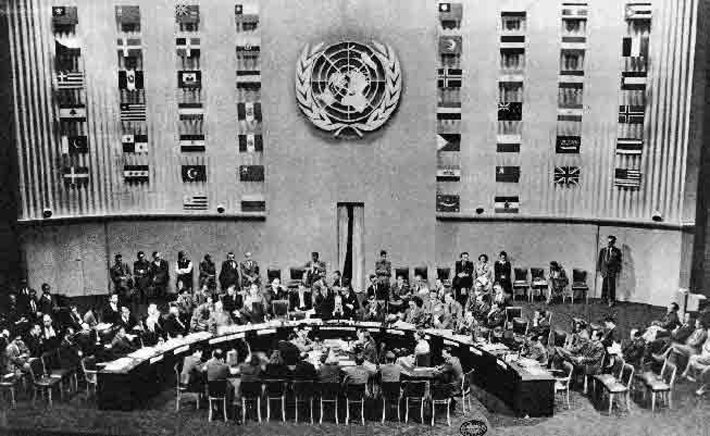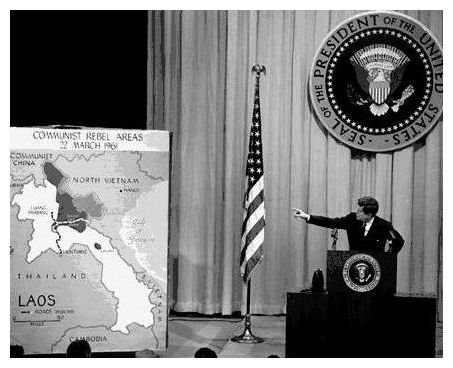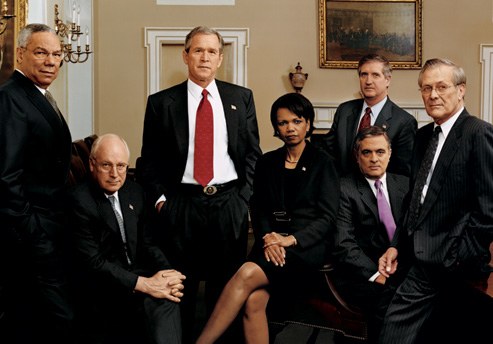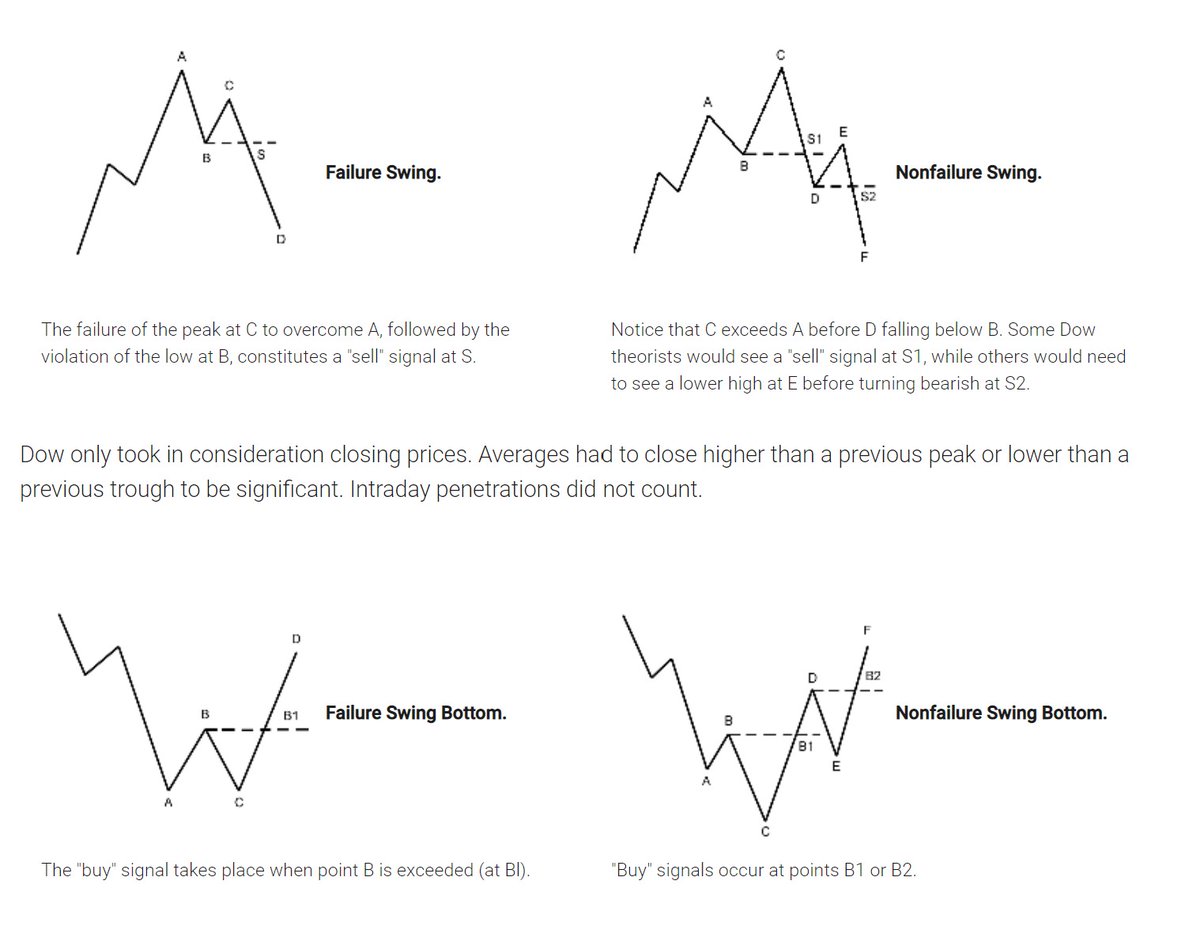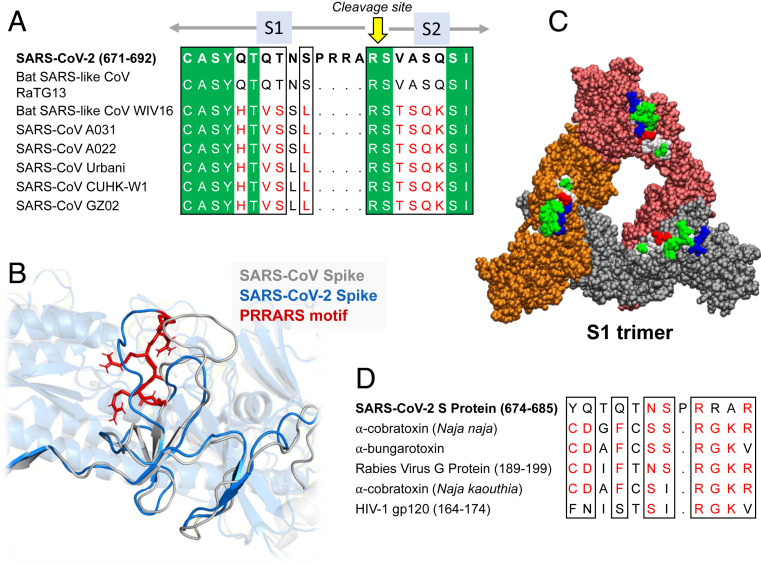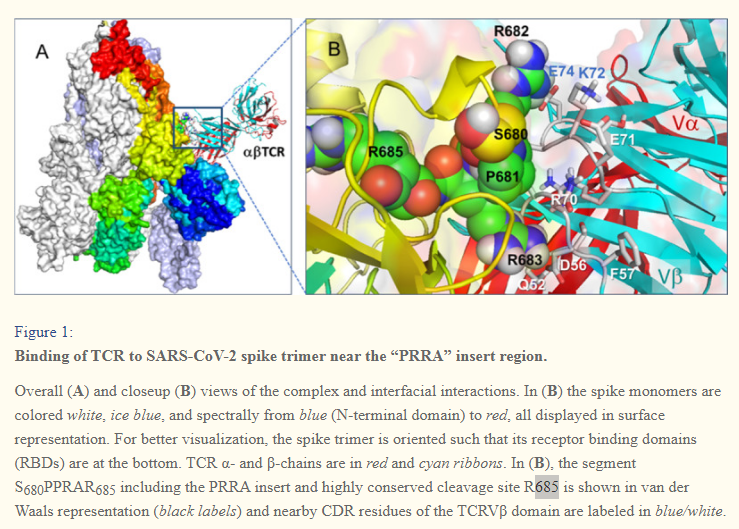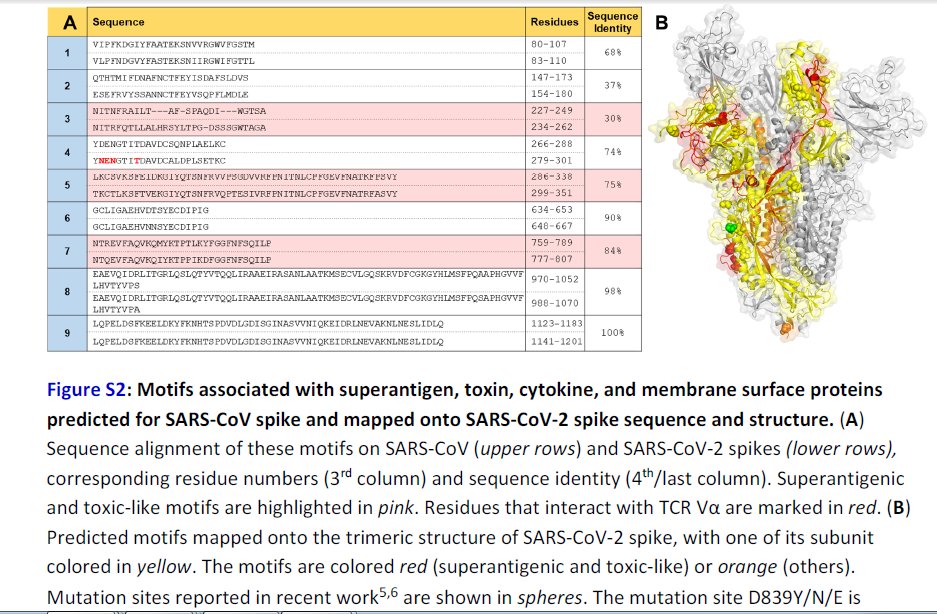James Peck in his book, “Ideal Illusions: How the U.S. Government Co-opted Human Rights” argues that US Foreign Policy and human rights industry is interconnected and is being used as an ideological weapon.
[2]
From the moment when Universal Declaration of Human Rights has been signed in 1948 in response to Nazi atrocities, human rights are being used to extend American global reach.
By condemning Amnesty International, Human Rights Watch and other human rights groups
[3]
with legal outfits for downplaying economic and social discriminations, Peck reveals that humanitarian interventions in US military adventures in Vietnam, Iraq and other places serve as pretexts for invasions to ‘legalize’ US prerogative of intervention while ignoring
[4]
the illegitimacy of intervention and the violence it causes.
In words of Peck, “The widely heralded rise of human rights is not free of such complications. For the history of human rights in the United States—as a movement, as an impassioned language of good intentions,
[5]
and as an invocation of American idealism—owes far more to the inner ideological needs of Washington’s national security establishment than to any deepening of conscience effected by the human rights movement.
[6]
Thousands of national security documents (from the CIA, the National Security Council, the Pentagon, think tanks, and U.S. government development agencies) reveal how Washington set out after the Vietnam War to craft human rights into a new language of power designed to
[7]
promote American foreign policy. They shed light on the way Washington has shaped this soaring idealism into a potent ideological weapon for ends having little to do with human rights—and everything to do with extending America’s global reach.”
[8]
While addressing ‘Terrorism and the Pathology of American Power’ in ‘Changing the Islamic World’, Peck highlights how, “The George W. Bush administration fused the aims of democratization, human rights, and regime change with a “War on Terror” to create the most formidable
[9]
fighting faith since anticommunism.” Since, “What Washington and human rights groups saw as a commitment to “universal values” Muslims saw as a war against their faith.” Therefore, “Washington’s task was to fashion the “war of ideas” so as to sustain policies
[10]
that it had little intention of changing—a conundrum that inevitably led to contradictory tactical maneuvering and the usual charges of “misperception”.
Peck is of the view that, “Washington was also far more blunt about what it means to handle the “processes of change.”
[11]
“Imagine a large map of the world,” said the chairman of the National Intelligence Council. “Let’s say we stick a pin in every country that had a low per capita income. And another for a high rate of infant mortality. Another for a sizable ‘youth bulge’…
[12]
And another pin to mark an absence of political freedoms and participatory government.” What have you got at the end of this exercise? “A large number of vulnerable states—many in the Muslim world.”
[13]
Peck here includes a comment by a task force, “the United States is not seeking to contain a threatening state/empire, but rather to convert a broad movement within Islamic civilization to accept the value structure of Western modernity—
[14]
an agenda hidden within the official rubric of a ‘War on Terrorism’. Democratization, in short, was a code word for support of “secular moderates linked to us—an admittedly scarce breed in the Arab world.”
[15]
For this purpose, in words of Peck, “Secular business people and middle-class professionals are the “strongholds of opposition to extremism … the first building blocks … that could be the basis of a democratic cadre and an indigenous force for nonviolent change.”
[16]
Policies thus should focus on reaching, sustaining, and building local Muslim “networks” (the precursor to “civil society”), and promoting local NGOs in order to “extend our reach into the core of the societies and help us to find allies who share our passion for wider
[17]
participation in society and the economy with special concern for the inclusion of youth and women.
Hence, “Washington, in short, sought “the development of a new class that could change the political and social balance in these countries” by fashioning an individualist
[18]
ethos into a culturally seductive package. The focus was not on the nation or the civilization or the faith but, rather, on “personal control, choice, and change, personal mobility, meritocracy, individual rights (and particular women’s rights).”
To know more about how foreign development aid is exploited by INGOs for policy interventions in Pakistan's education sector, see this👇
https://t.co/Y70nefGyRb
Has foreign development aid been weaponized?
Are policy interventions due to foreign development aid for education a matter of great concern?
Are INGO's working to achieve strategic objectives?
See this 👇
https://t.co/Zg3X0yXyMf
